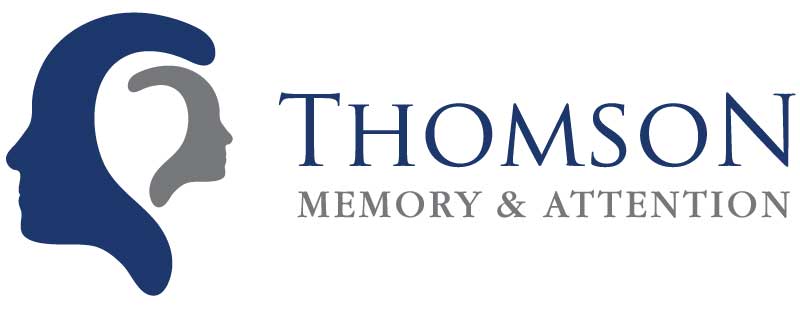Memory Issues
Issues with memory can appear has having trouble keeping a schedule or keeping track of belongings. The following quiz for memory problems can help determine when it’s time to seek a professional diagnosis for memory issues.
Are you or a loved one…
- Forgetting recent conversations?
- Forgetting to complete tasks?
- Forgetting the reason for entering a room?
- Having difficulty learning and retaining new information?
- Misplacing items like keys or your phone?
- Relying more on reminders and notes?
- Having trouble remembering appointments and meetings?
If you answered yes to two or more of these memory problem questions, consider scheduling a neuropsychological evaluation. Call us at (847) 469-7537 to learn more.
Memory problems can be a natural part of aging. In some cases, however, memory problems can indicate a more serious problem and affect daily living. Increased forgetfulness, reliance on reminders and note-taking, misplacing and losing items, and difficulty recalling information can occur for a number of reasons including stress, inadequate sleep, poor nutrition, and medication side effects. Memory problems can also indicate an underlying neurological condition, including Alzheimer’s disease and other forms of dementia.
A comprehensive neuropsychological evaluation will help determine at what stage the memory problem is occurring. In some circumstances, memory difficulties are primarily due to low encoding of the information which indicates that the person is unable to fully comprehend the information being presented. This problem oftentimes occurs because of inattention or other factors that interfere with information acquisition. In other circumstances, memory difficulties occur in the storage phase meaning the information being encoding fails to be consolidated into long-term memory. There exist even some circumstances where memory difficulties occur in the retrieval stage. Memory retrieval problems mean the information has been encoded and stored, but the person cannot access said information independently. These people may require additional prompting to recognize and recall the information. Determining the stage at which the deficit is occurring can help identify the reason for memory difficulties and inform an appropriate treatment plan to maximize memory function. Dr. Blodgett, Dr. Fasching, and Dr. Vocos, along with the rest of our team of neuropsychologists, are here to help.
Neuropsychology, and a comprehensive neuropsychological evaluation, will help explain and determine if an underlying condition, or perhaps multiple underlying conditions, exists. In some circumstances, the memory difficulties may be better explained by other conditions. Understanding the patient’s strengths and weaknesses can help identify the reason for these issues and aid in creating a customized treatment plan to improve or manage the patient’s cognitive complaints. Early diagnosis and treatment can make a big difference in outcome. Our fellowship-trained doctors will be able to pinpoint the underlying cause for these issues.
Check out these pages to learn more: ADD - Adults, ADHD - Adults, Alzheimer's Disease, Concussion, Decision-Making, Dementia, Depression, Multiple Sclerosis (MS), Neurological Disorders, Pseudodementia, Stroke, Traumatic Brain Injury (TBI), and Vascular Diseases







